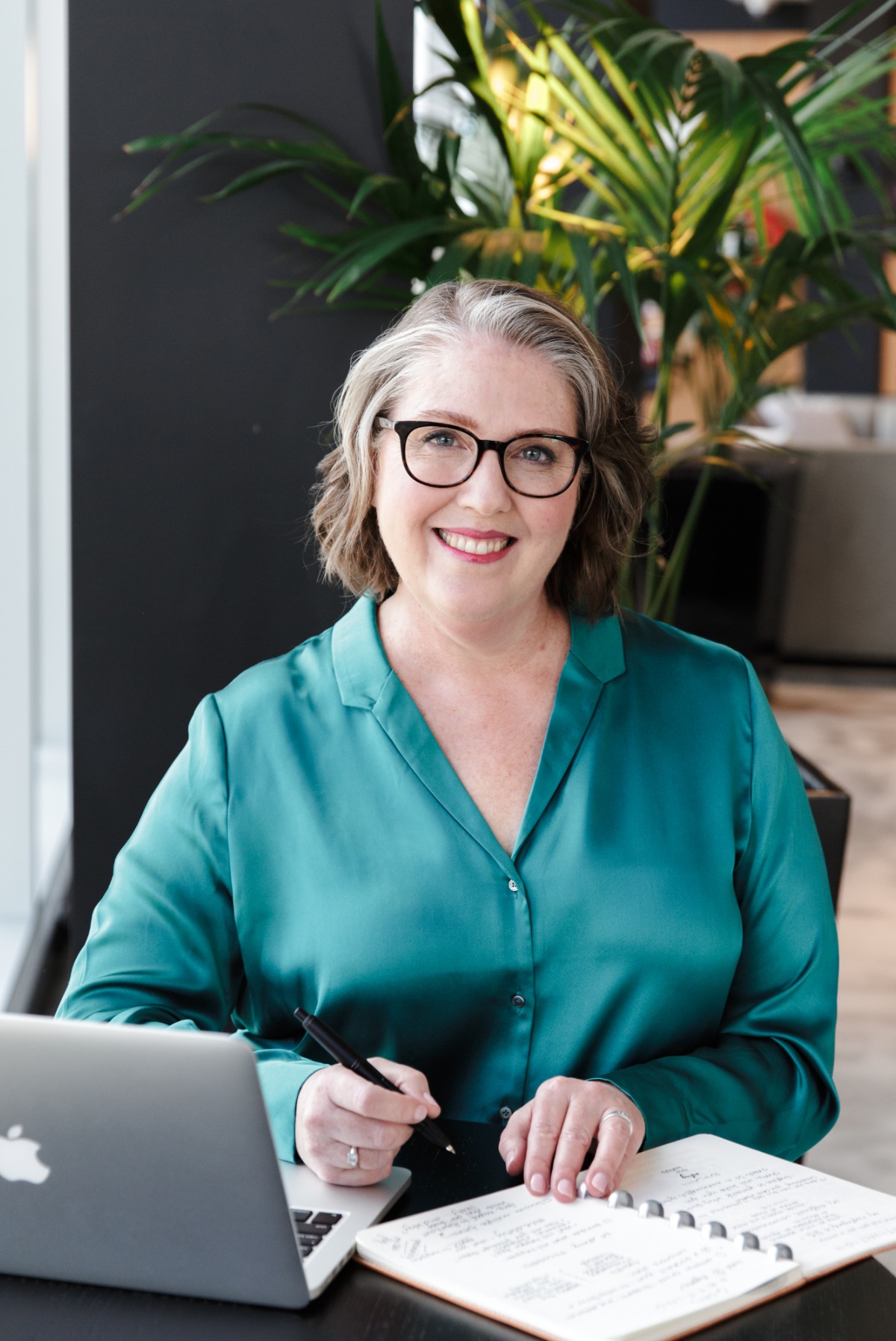Are you looking for a clutter cure?
You're in the right place. Clutter comes in all shapes and sizes and we all have a complex relationship with our stuff. Successful decluttering isn't simply wrangling possessions, it requires a fundamental shift in mindset.
Using Acceptance & Commitment Therapy and ATLAS, her unique coaching technique, Dr Jan Eppingstall of STUFFOLOGY can help you make that mindset shift and live your life to the full with less.
NDIS enquiries welcome for plan and self-managed participants. Book a free 30 minute consult above.
If you want to be first to receive exclusive content delivered directly to your inbox every week sign up for the NEWSLETTER now.

Whether it's help for chronic disorganization or hoarding for yourself, a loved one, a client, or someone in your community you'll find useful resources here.
Here's how to get started:
faq
Like many mental illnesses, hoarding is something that can be managed. Symptoms are reflections of coping mechanisms developed over a lifetime and are reflexive. Because behaviours are deeply encoded in the brain even after many years without significant saving and acquiring behaviours a crisis can trigger these to reoccur and clutter can accumulate.
However, there is hope and you can improve your home environment and your mental health.
I have a PhD level understanding of the psychology of stuff, a Master of Counselling and experience as a professional organiser. I get you and am able to counsel you towards a new and hopeful future.
If you have always found it difficult to get your act together, you may be chronically disorganized. Chances are you're a creative and innovative person with endless ideas for exciting new projects. I have so many tips and strategies to help you use your strengths and limit the impact of you weakness on your living environment so you have the time and space to realise more of your dreams and simplify your life.
Family are a wonderful support and can be extremely helpful; however, the psychological and environmental impacts of your hoarding can have a lasting impact on those around you. Before family members help you they need to understand hoarding. You may need to realise they are too emotionally close to be objective and non-judgemental and helping you may impact their own psychological health. Seeking out a counsellor can be a better strategy.
Aha! You have read my website thoroughly I see. ATLAS stands for Accountability Though Listing Action Sessions. This is an evidence-based technique used to facilitate observation and description of your experiences and thoughts when making discarding decisions. The goal is to notice your underlying beliefs and assumptions that make it difficult for you to let go of items.
No! Every decision is yours. In fact, empowering you to make decisions so you can gain mastery over your possessions is my goal.
If you live in Melbourne, Australia I can come to your home and work with you. Those outside of Melbourne I am available via Zoom.
In-home coaching sessions are $180 AUD (GST incl) and Zoom sessions are $150 AUD (GST incl).
For those who are unable to afford my fees I can offer a sliding scale for some clients and would be happy to discuss this when you're ready to make an appointment.
Yes, I do offer short accountability sessions using ATLAS via Zoom; however, only for existing clients. I find it necessary to establish rapport, understand a client's circumstances, and make some progress before we can attempt accountability sessions. Contact me if you'd like to discuss this further.
About Dr Jan Eppingstall.
Jan is an expert in the psychology of hoarding behaviours and is never finished learning. She completed a Master of Counselling at Monash University in August 2021 to further help individuals who hoard, train practitioners, and contribute to research that moves the understanding of hoarding behaviours forward.
Send Dr Eppingstall a note:
